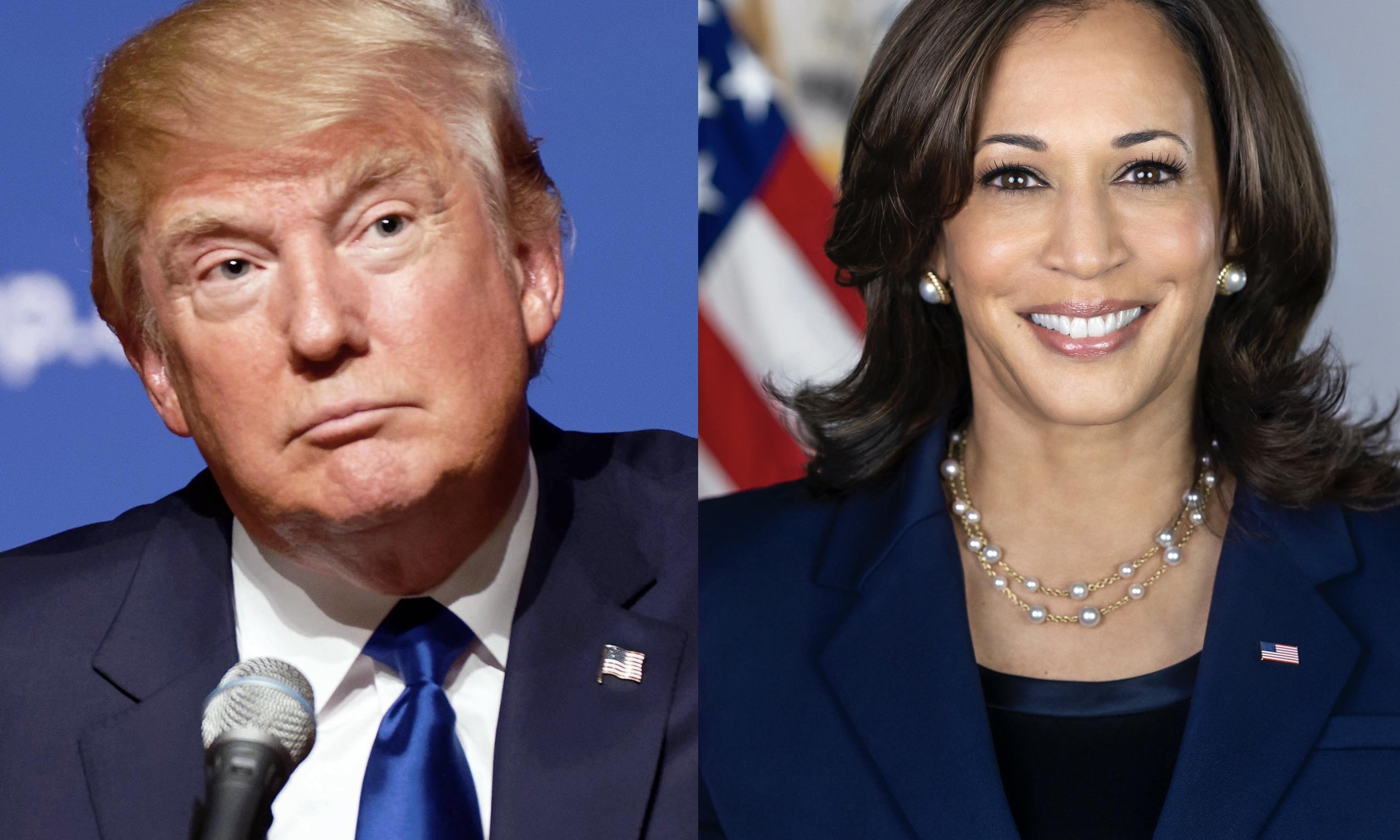A majority of registered voters in the United States support a federal ban on transgender procedures for minors, including puberty blockers and gender reassignment surgeries, according to a new national poll conducted by the Center Square Voters’ Voice. The results of the survey highlight growing national debate over the ethics and legality of providing medical interventions to children and adolescents questioning their gender identity.
The poll found that 55% of voters favor outlawing such procedures for minors under the age of 18, signaling a significant shift in public opinion on an issue that has divided political and medical communities. This growing consensus appears to be driven by concerns over the long-term physical and psychological impacts of these treatments, which some argue are too drastic for individuals not yet legally considered adults.
The survey revealed strong support across various demographics, with conservatives leading the charge in favor of the ban. Among Republican voters, a staggering 77% supported the restriction. Meanwhile, 52% of Independents expressed similar sentiments, showcasing bipartisan agreement. However, Democratic voters remained split on the issue, with 43% in favor of the ban and 47% opposed, highlighting a key point of contention within the party.
"Voters are waking up to the risks associated with these procedures, and the message is clear—there is a growing demand for federal action," said a representative from the Center Square Voters' Voice. "Parents and medical professionals alike are expressing concerns about the irreversible effects these treatments may have on children who are too young to fully grasp the consequences."
Critics of the proposed ban argue that it could further marginalize transgender youth, preventing them from accessing necessary medical care. Proponents, however, emphasize that the goal is to protect vulnerable minors from making life-altering decisions before reaching adulthood.
"This is about safeguarding our children," said a spokesperson for the coalition advocating for the ban. "Minors should not be undergoing irreversible surgeries or hormone treatments when they haven't fully matured physically, emotionally, or mentally."
The controversy surrounding transgender medical treatments for minors has escalated in recent years, with some states already introducing their own legislative measures. In 2023, several states moved to restrict or outright ban procedures like puberty blockers and hormone therapy for those under 18, citing similar concerns over the long-term effects and the ability of minors to provide informed consent.
Yet, the poll also revealed a substantial portion of the electorate who believe that decisions surrounding medical treatments for transgender youth should remain in the hands of families and doctors. Approximately 37% of respondents opposed the federal ban, arguing that medical professionals, not politicians, should guide such sensitive decisions.
The debate continues to intensify as legal battles unfold across the country, with advocacy groups for both sides gearing up for what could become a defining issue in future elections. In the meantime, the poll results underscore the increasingly vocal demand for federal legislation to address this deeply divisive issue.
As lawmakers prepare for the upcoming legislative session, many are expected to take note of the widespread support for a federal ban on transgender procedures for minors. Whether this public opinion will translate into concrete action remains to be seen, but the issue is clearly on the radar of both voters and policymakers.



 Trump Announces U.S. Strikes on Iran Navy as Conflict Escalates
Trump Announces U.S. Strikes on Iran Navy as Conflict Escalates  Suspected Drone Strike Hits RAF Akrotiri Base in Cyprus, Causing Limited Damage
Suspected Drone Strike Hits RAF Akrotiri Base in Cyprus, Causing Limited Damage  Why did Iran bomb Dubai? A Middle East expert explains the regional alliances at play
Why did Iran bomb Dubai? A Middle East expert explains the regional alliances at play  Macron Urges Emergency UN Security Council Meeting as US-Israel Strikes on Iran Escalate Middle East Tensions
Macron Urges Emergency UN Security Council Meeting as US-Israel Strikes on Iran Escalate Middle East Tensions  U.S. Lawmakers Question Trump’s Iran Strategy After Joint U.S.-Israeli Strikes
U.S. Lawmakers Question Trump’s Iran Strategy After Joint U.S.-Israeli Strikes  Zelenskiy Urges Change in Iran After U.S. and Israeli Strikes, Cites Drone Support for Russia
Zelenskiy Urges Change in Iran After U.S. and Israeli Strikes, Cites Drone Support for Russia  Netanyahu Suggests Iran’s Supreme Leader Khamenei May Have Been Killed in Israeli-U.S. Strikes
Netanyahu Suggests Iran’s Supreme Leader Khamenei May Have Been Killed in Israeli-U.S. Strikes  Marco Rubio to Brief Congress After U.S.-Israeli Strikes on Iran
Marco Rubio to Brief Congress After U.S.-Israeli Strikes on Iran  U.S.-Israel Strike on Iran Escalates Middle East Conflict, Trump Claims Khamenei Killed
U.S.-Israel Strike on Iran Escalates Middle East Conflict, Trump Claims Khamenei Killed  Middle East Conflict Escalates After Khamenei’s Death as U.S., Israel and Iran Exchange Strikes
Middle East Conflict Escalates After Khamenei’s Death as U.S., Israel and Iran Exchange Strikes  UK Accepts U.S. Request to Use British Bases for Defensive Strikes on Iranian Missiles
UK Accepts U.S. Request to Use British Bases for Defensive Strikes on Iranian Missiles  Trump Says U.S. Combat Operations in Iran Will Continue Until Objectives Are Met
Trump Says U.S. Combat Operations in Iran Will Continue Until Objectives Are Met  U.S. Deploys Tomahawks, B-2 Bombers, F-35 Jets and AI Tools in Operation Epic Fury Against Iran
U.S. Deploys Tomahawks, B-2 Bombers, F-35 Jets and AI Tools in Operation Epic Fury Against Iran  Israel Strikes Hezbollah Targets in Lebanon After Missile and Drone Attacks
Israel Strikes Hezbollah Targets in Lebanon After Missile and Drone Attacks  HHS Adds New Members to Vaccine Advisory Panel Amid Legal and Market Uncertainty
HHS Adds New Members to Vaccine Advisory Panel Amid Legal and Market Uncertainty  Pentagon Leaders Monitor U.S. Iran Operation from Mar-a-Lago
Pentagon Leaders Monitor U.S. Iran Operation from Mar-a-Lago 































